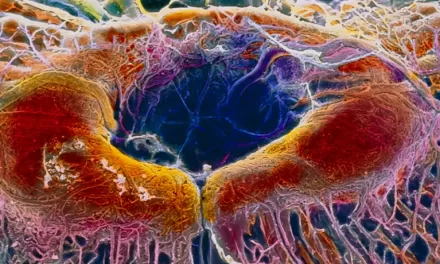The European Centre for Disease Prevention and Control (ECDC) issued a sobering report on Thursday, revealing a significant surge in sexually transmitted infections (STIs) across Europe in 2022. According to the latest data, reported cases of gonorrhoea soared by nearly half, while syphilis and chlamydia cases also experienced alarming increases.
Syphilis cases rose by 34% compared to the previous year, reaching over 35,000 reported cases. Similarly, chlamydia cases increased by 16%, surpassing 216,000 reported cases. However, the most striking surge was observed in gonorrhoea cases, which spiked by 48%, totaling over 70,000 reported cases.
ECDC director Andrea Ammon underscored the gravity of the situation, emphasizing the urgent need for attention and action to address the rising STI rates. Left untreated, STIs can lead to various health complications, including chronic pain, infertility, and severe neurological and cardiovascular issues associated with syphilis.
The report also highlighted sharp increases in cases of lymphogranuloma venereum (LGV) and congenital syphilis, further underscoring the concerning trend. Despite lower initial levels, the rise in these cases signals a worrying trajectory.
While the COVID-19 pandemic temporarily stalled the increase in STI rates due to social isolation measures and decreased reporting rates, the recent surge indicates a concerning resurgence. The ECDC attributed the sustained rise to improved surveillance, increased home-testing, and a rise in riskier sexual behavior.
Particularly alarming was the leap in infections among young heterosexual individuals, especially young women, suggesting a potential shift in sexual behavior post-pandemic. While the ECDC noted no evidence of antimicrobial resistance driving the surge in gonorrhoea infections, continued monitoring is imperative.
Director Ammon cautioned that the reported numbers likely represent only a fraction of the actual cases, as many infections go undetected. Urgent action is needed at both national and individual levels to address the growing crisis. The ECDC stressed the importance of testing, treatment, and prevention efforts, urging individuals to take proactive measures such as condom use to protect themselves.
As STI rates continue to rise unabated, the call for comprehensive strategies to combat the spread of infections becomes increasingly urgent. With concerted efforts and heightened awareness, stakeholders across Europe can work together to stem the tide of STIs and safeguard public health.











